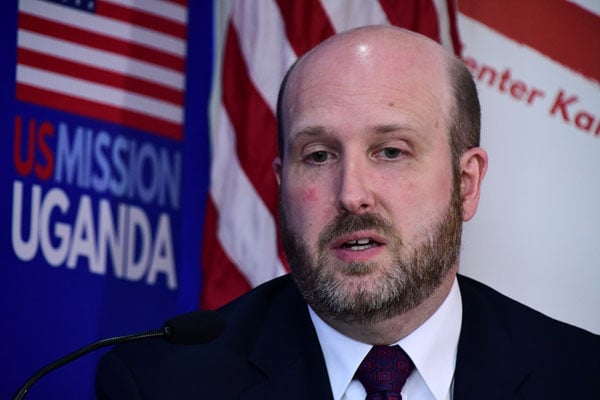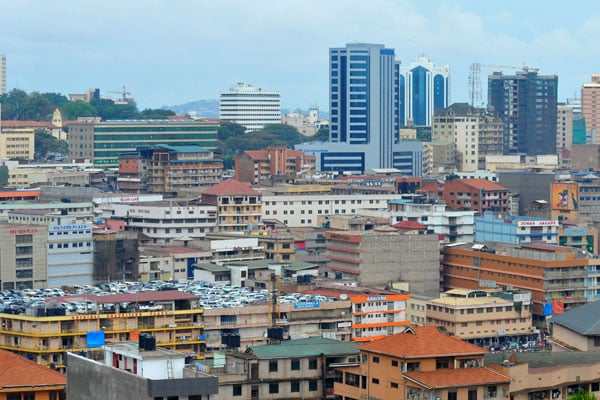Prime
A step forward in combating air pollution

William Popp
What you need to know:
- Since 2017, the US government has provided Uganda with the resources needed to reduce air pollution, improve air quality monitoring, and build technical expertise based on science, data, and international best practices.
The air we breathe significantly impacts our public health, and high levels of air pollution can hinder economic development, tourism, education, and many other sectors.
For decades, the United States has worked to improve air quality around the world, and we are proud to support such efforts with the Ugandan people.
Air pollution in Uganda, particularly in urban areas, has exceeded World Health Organisation (WHO) guidelines by eight times in some areas.
The burning of domestic trash, exhaust fumes from vehicles, and smokestacks from factories are some of the key drivers of air pollution. Uganda recently took a crucial step towards protecting its citizens’ ability to breathe clean air with the launch of the 2024 National Air Quality Regulations.
Implementing air quality regulations will protect the health and wellbeing of all Ugandans, especially vulnerable groups like children, the elderly, and those with pre-existing medical conditions like asthma, who are most affected by poor air quality.
This step can position Uganda as one of the emerging leaders in air quality management in Africa.
Uganda’s new air quality regulations were made possible with the support of the United States.
Since 2017, the US government has provided Uganda with the resources needed to reduce air pollution, improve air quality monitoring, and build technical expertise based on science, data, and international best practices.
We have also helped 13 Ugandan professionals gain valuable expertise in air quality management through a US exchange programme and supported training for air quality champions in communities and schools, empowering them to monitor air quality and reduce pollution at the grassroots level.
With support from the US government and other partners, AirQo, an innovative tech initiative at Makerere University, has strengthened Uganda’s ability to monitor air pollution by installing over 220 locally made air monitors across 16 cities in Africa, providing data to over 60 million people and showcasing Uganda’s pioneering role in this vital field.
As the air quality regulations come into effect, the United States looks forward to seeing the positive impact on public health, economic development, education, and many other sectors.
We are proud to support this and numerous other collaborations with the Ugandan people that are yielding tangible results, as AirQo, National Environment Management Authority (Nema), Kampala Capital City Authority (KCCA), and other partners improve air quality and empower Ugandans to make informed health decisions by monitoring the air they breathe.
Working together, we can combat air pollution and ensure a healthier environment for all.
William W Popp, US Ambassador to Uganda,




